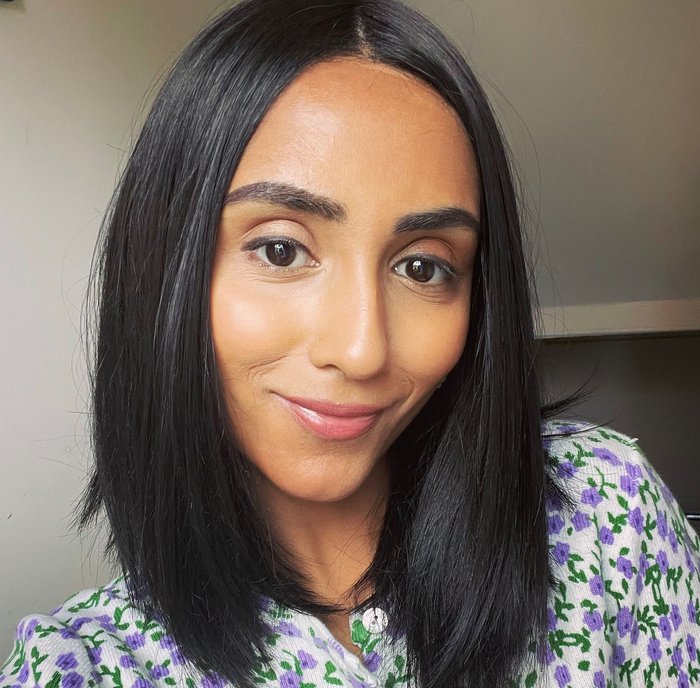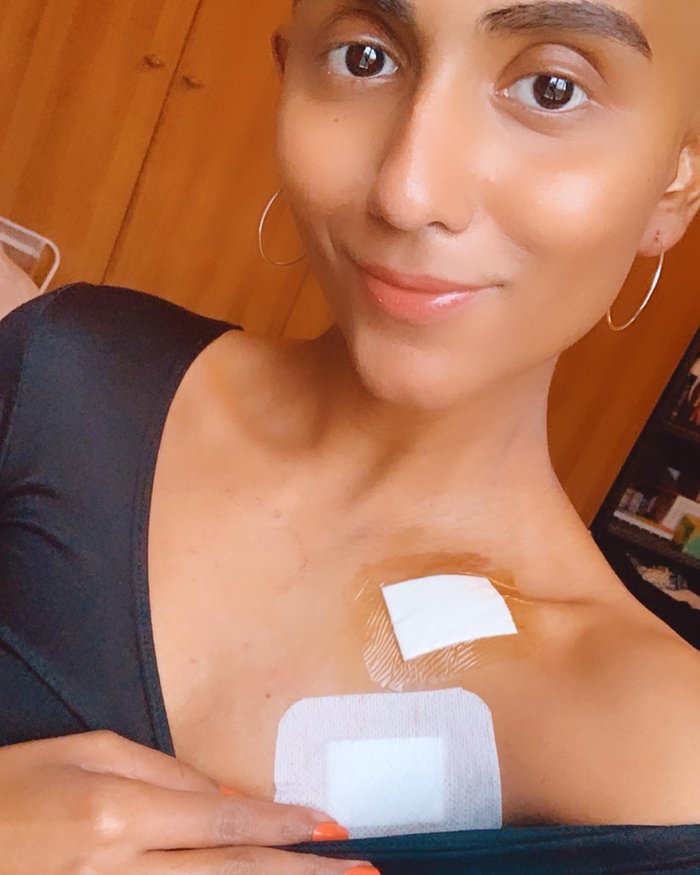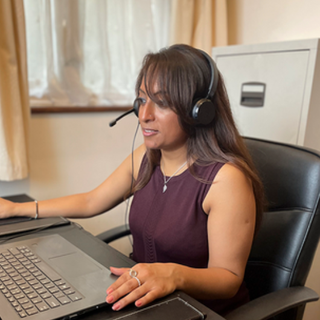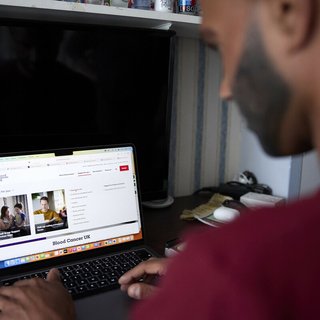How to be a good friend to someone with blood cancer
Bansri has been treated twice for acute lymphoblastic leukaemia (ALL). She advises friends and family members what is and isn’t helpful when you’re having blood cancer treatment and beyond.

When you’re diagnosed with an acute blood cancer like acute lymphoblastic leukaemia (ALL), there’s no time to take a breath. I went straight to hospital and wasn’t even able to see my parents. Because of the covid pandemic, I couldn’t have any visitors at all. Thank goodness for technology because I relied on my iPad to stay in touch with the outside world.
Do simple things that show you care
If you’re on your own in hospital you need things to look forward to. And my friends delivered! They sent care packages, blankets, stuff to read, motivational cards, pictures and messages. These things can really lift your mood.
When I got home, I had no energy, and my partner was acting as my nurse. So people cooked meals and dropped them off every couple of days. That basic thing was so helpful to us and much healthier than relying on ready meals and takeaways.
So if you want to help but don’t know how, home cooking is always welcome!
Even better, ask what the person who’s having treatment would like to eat, as they will probably have side effects like nausea and mucositis (sore mouth) which make it difficult to eat normally.
Find out about blood cancer
Some of my friends and family made an effort to find out more about ALL. That meant they understood more about my condition, for instance, that I couldn’t see them in person because I had no antibodies to fight off viruses and other bugs.
When you’re having chemotherapy, you have no energy, no time to explain things. But because my friends educated themselves, I didn’t have to. So I’d say, get informed about the type of blood cancer your friend or family member has.
You can also help by doing specific research. It was very distressing when I started to lose my hair – I didn’t know what to do and I just didn’t have the energy to look into it. So my friends researched information about wigs and brought scarves for me to try.
Be sensitive about keeping in touch
It’s important to be aware that your friend or relative has limits. An hour is a long time when you’re having treatment – I sometimes had to say, “Yes, I would love to see you, but only for half an hour.”
Remember that what’s normal for you isn’t normal for someone with blood cancer.
Lots of people wanted to know how my treatment was going. So my sister set up a WhatsApp group which meant there was one message, and everyone got it, which made life much easier.
On the subject of messages, it’s great to get them – it cheered me up to know someone was thinking of me – but I was often too tired to reply. So do keep sending supportive messages, but it helps if you don’t expect a response.
Another tip is, don’t be afraid to chat about non-cancer things – it’s great to talk about normal stuff like what you’ve seen on TV or what you did on holiday. I really liked that because there was already too much cancer in my life.
To stay in touch with my wider family we set up weekly Zoom calls. I come from a large Indian family that’s spread across the world, so without Zoom, they wouldn’t have seen how I looked or understood what I was going through. I wanted to feel that they were with me on that journey. Sometimes I stayed for 20 minutes, sometimes I just joined for a minute to say hello.

Don’t make assumptions
A common assumption people make is that when treatment is over, everything will go back to normal. But in many ways, that’s the hardest part. You’re mentally exhausted and coming to terms with what your body has been through. You’ve been powering through the treatment and when you come home, you realise you’re a different person.
Being in remission doesn’t mean you’re well – it takes three to four months for the side effects to wear off and full recovery can take a long time.
So if you spend an hour with someone and they seem fine, be aware that might be it for the day, they won’t carry on like that.
I was asked more than once "When are you going back to work?" when I could barely get through the next few hours. I also found it upsetting if someone said, “Oh but you look so well!” when I just didn’t feel like myself. People assume you’ll lose weight with chemo, but with steroids, you can put weight on. Appearances can be deceptive.
Above all, realise that cancer is very individual. Never compare one person with another! You might mean to be encouraging, but saying, “My friend had breast cancer treatment and she was good straight away” isn’t helpful. Even if you know someone else with the same diagnosis, the situation will be completely different.
People don’t know these things, so it’s not their fault if they get it wrong, but it’s better to ask than assume you know how things are.
My advice is, ask how someone is actually feeling, even if they seem OK.
Take things step by step
Be aware that questions about the future can rarely be answered and can be upsetting. Life with a blood cancer diagnosis is uncertain. There are constant tests to see if the treatment is working and the plan will change. So there’s often no answer to questions about how long the treatment will take or when you can go out for a meal again. You can’t plan ahead with blood cancer.
Raise money for blood cancer research
Often, friends and family are not sure how to help, but taking part in fundraising has an impact by raising awareness and funding vital research. My husband did a cycle ride for Blood Cancer UK with his school friends, and my mum and her friends raised money for Cancer Research UK.
Fundraising is also a good way for people to get together during a tough time. My family found it was a really positive thing to do.
Take care of yourself
Remember that you need to look after yourself so you can look after your friend or family member – and that can be as draining as being the patient.
You need to talk through things you can’t talk about with your loved one.
So find out what help there is: ask the hospital team or your GP and look at what cancer charities have to offer. Blood Cancer UK has a free support service and an online community forum. These are open to friends and family members as well as people with a blood cancer diagnosis, so do use them.


